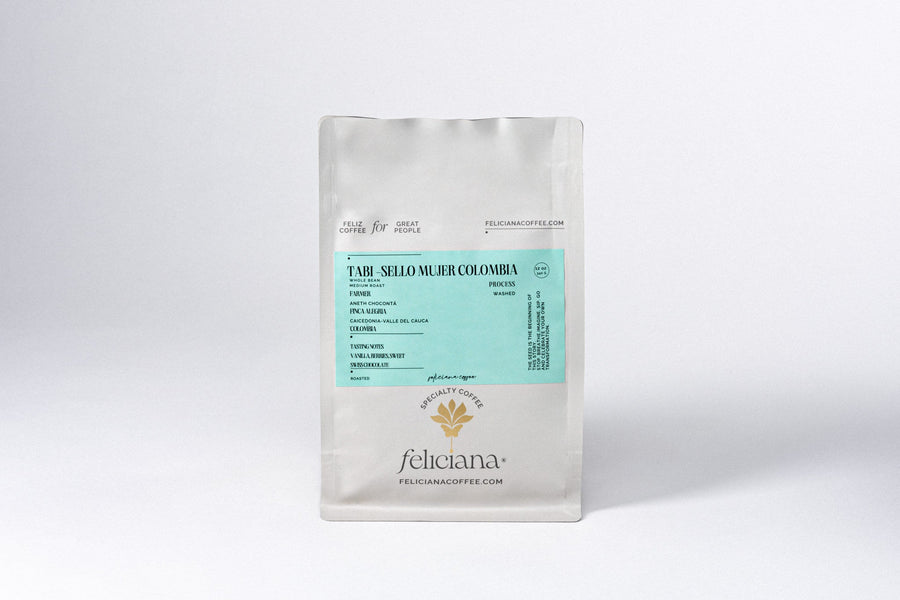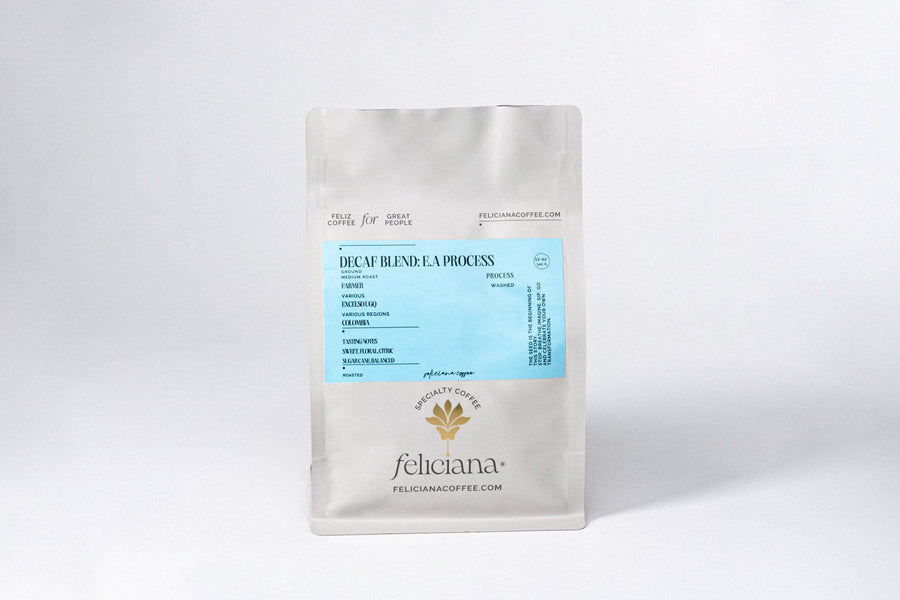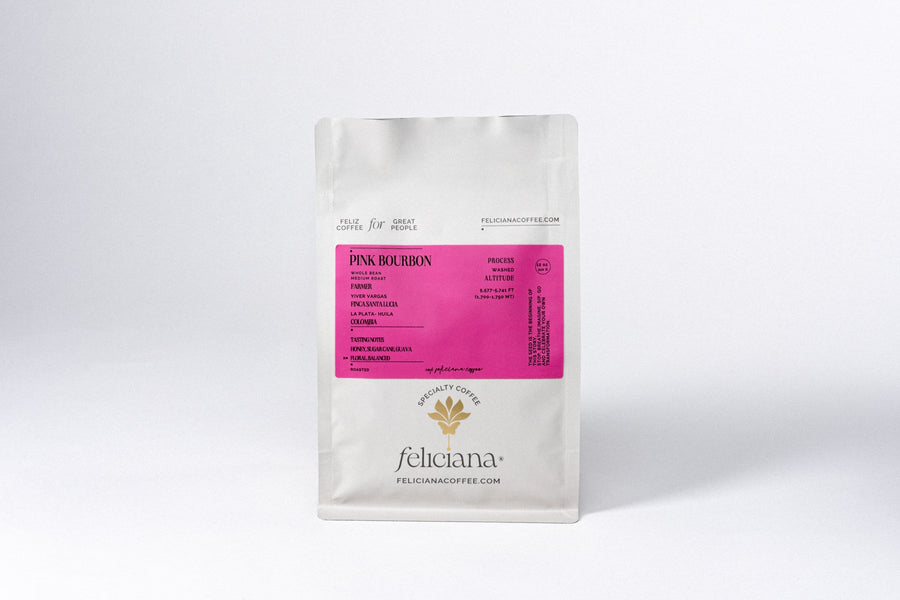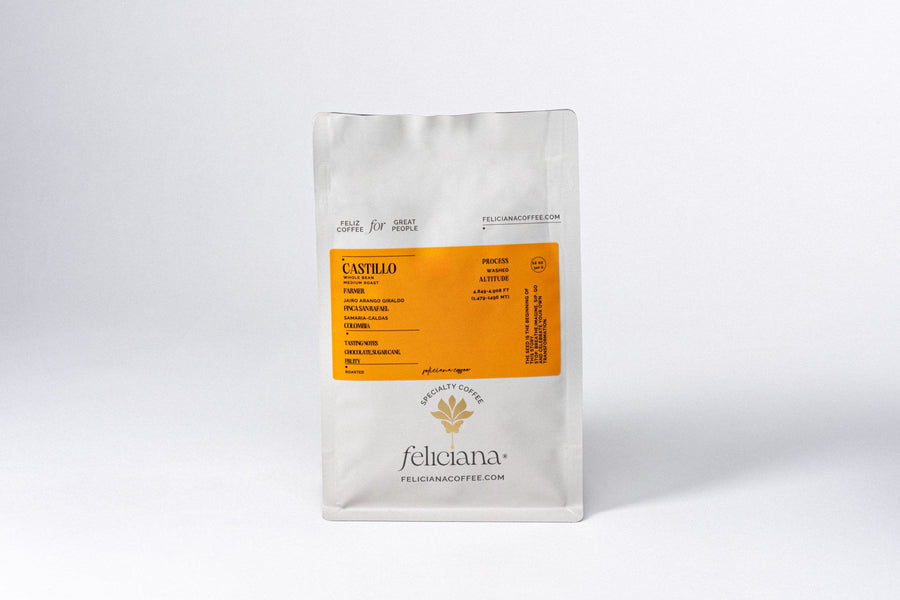Black Tea: An In-Depth Look at Its Possible Benefits and Side Effects
Black tea is one of the most widely consumed beverages worldwide, known for its rich flavor, comforting warmth, and potential health benefits. Whether sipped in the morning for a caffeine boost or enjoyed with friends during a casual gathering, black tea has a special place in many cultures. In recent years, it has been recognized for its possible health benefits, from antioxidant properties to aiding digestion. However, like any food or beverage, there can be potential side effects or drawbacks, particularly when consumed in excess.
In this article, we will explore what black tea is and the possible benefits based on available research, and some of the potential side effects and drawbacks associated with its consumption. Please note that herbal products are not approved by the FDA and some claims may not be justified or valid. Please do your own research and consult with a physician for your own health and accuracy of any statements.
What is Black Tea?
Black tea is made from the leaves of the Camellia sinensis plant, the same plant used to produce green tea, white tea, and oolong tea. The key difference between these types of tea lies in how the leaves are processed. Black tea leaves are fully oxidized, which gives them their dark color and robust flavor profile. This oxidation process also alters the chemical composition of the leaves, which may account for some of the differences in the potential health benefits and side effects of black tea compared to other types of tea.
Black tea contains caffeine, theophylline, and various polyphenols, including flavonoids and catechins, which are thought to contribute to its various effects on health. The taste of black tea is generally stronger and more pronounced than other types of tea, and it often has a slightly bitter, astringent flavor. It can be enjoyed on its own or paired with milk, sugar, or lemon, depending on individual preferences.
Potential Benefits of Drinking Black Tea
While more research is needed to fully understand all the potential health benefits of black tea, some studies have suggested that it may offer several advantages when consumed in moderation.
1. Rich in Antioxidants
Black tea contains a variety of antioxidants, most notably flavonoids such as theaflavins and thearubigins. These compounds are believed to help neutralize free radicals in the body, which are unstable molecules that can contribute to cellular damage and the aging process. By neutralizing free radicals, antioxidants may play a role in reducing the risk of chronic diseases such as heart disease, diabetes, and certain types of cancer.
Though more research is needed, some studies have suggested that antioxidants in black tea may help protect cells from oxidative stress and inflammation. However, the levels of antioxidants in black tea can vary based on factors like brewing time, water temperature, and the type of black tea used.
2. Supports Heart Health
A number of studies have examined the potential cardiovascular benefits of black tea. Some research suggests that the antioxidants in black tea, particularly flavonoids, may help improve blood vessel function, reduce blood pressure, and lower cholesterol levels. For example, a review of multiple studies found that regular consumption of black tea may be associated with a small but significant reduction in systolic and diastolic blood pressure.
There is also evidence that black tea may help improve cholesterol levels. Some studies have indicated that black tea may help reduce LDL cholesterol (often referred to as "bad" cholesterol) and increase HDL cholesterol ("good" cholesterol). While these effects are not guaranteed, incorporating black tea into a balanced diet may contribute to overall cardiovascular health. Please speak with your physician about any health claims before consuming black tea.
3. May Aid Digestion
Traditionally, black tea has been thought to have digestive benefits. The tannins in black tea are believed to have a soothing effect on the digestive system, and the caffeine in black tea can act as a mild stimulant, promoting gut motility and aiding digestion. Some people find that drinking black tea after meals helps relieve indigestion or bloating.
Additionally, black tea is known to contain a group of compounds called polyphenols, which may support the growth of beneficial gut bacteria. A healthy balance of gut bacteria is important for overall digestive health and immune function. While the research is still in early stages, some studies have suggested that the polyphenols in black tea could help support the diversity of gut microbiota, potentially aiding digestion and overall gut health.
4. May Enhance Mental Alertness
Black tea contains caffeine, a stimulant that can promote wakefulness and improve focus and concentration. Many people drink black tea as a way to boost their energy levels in the morning or during the afternoon slump. While the caffeine content of black tea is generally lower than that of coffee, it still provides a mild stimulating effect that can help enhance mental clarity and alertness.
Some studies have also suggested that the combination of caffeine and L-theanine, an amino acid found in tea, can lead to improved cognitive performance, such as faster reaction times and better attention. This combination is thought to provide a smoother energy boost compared to coffee, which can sometimes lead to jitteriness.
5. May Promote Oral Health
Research suggests that black tea may also contribute to better oral health. The polyphenols in black tea can help inhibit the growth of bacteria in the mouth, particularly those associated with tooth decay and gum disease. For example, a study published in the Journal of Nutritional Science found that black tea helped inhibit the growth of oral bacteria that can contribute to plaque formation and cavities.
Moreover, black tea has been shown to help neutralize acids in the mouth, which can prevent the erosion of tooth enamel. However, it’s important to note that drinking black tea with added sugar or other sweeteners could negate these potential benefits, as sugar can promote tooth decay.
Potential Side Effects and Drawbacks of Drinking Black Tea
While black tea may offer several potential health benefits, it is not without its possible side effects. As with any food or beverage, it’s important to consume black tea in moderation and be aware of potential risks or drawbacks.
1. Caffeine-Related Side Effects
One of the main components of black tea is caffeine, which can have both positive and negative effects on the body. While caffeine can provide a mental boost and help improve focus, consuming too much caffeine can lead to side effects such as:
-
Jitteriness or Anxiety: Some people are more sensitive to caffeine and may experience feelings of restlessness, nervousness, or anxiety, especially if they consume large amounts of black tea.
-
Insomnia: Caffeine is a stimulant that can interfere with sleep, particularly if consumed too close to bedtime. For people who are sensitive to caffeine, drinking black tea in the late afternoon or evening may disrupt their sleep patterns.
-
Digestive Issues: High caffeine intake can irritate the gastrointestinal system, leading to symptoms such as acid reflux, indigestion, or an upset stomach. It is also important to note that caffeine can have a mild diuretic effect, leading to increased urination.
2. Possible Interaction with Medications
Black tea can interact with certain medications, particularly those that affect the heart, blood pressure, or the central nervous system. For instance, the caffeine in black tea can interact with medications for anxiety, depression, and blood pressure, possibly altering their effects. Additionally, certain compounds in black tea may interfere with blood-thinning medications, such as warfarin.
If you are on medication or have a medical condition, it is important to speak with your healthcare provider before increasing your consumption of black tea to ensure there are no potential interactions.
3. Potential for Iron Absorption Issues
Black tea contains compounds known as tannins, which can interfere with the absorption of certain nutrients, particularly non-heme iron (the type of iron found in plant-based foods). Consuming large amounts of black tea with meals may reduce the body's ability to absorb iron from plant-based foods, which could lead to iron deficiency over time, particularly in individuals who already have low iron levels.
To minimize this effect, it is recommended to avoid drinking large quantities of black tea during meals or to consume it separately from iron-rich meals.
4. Dental Staining
While black tea has some potential oral health benefits, it can also cause staining of the teeth over time. The tannins in black tea can lead to a buildup of stains on the enamel, which can affect the appearance of your smile. To prevent this, it is a good idea to rinse your mouth with water after drinking black tea and brush your teeth regularly.
Conclusion
Black tea is a beloved beverage with a rich flavor and a variety of potential health benefits, including antioxidant properties, improved heart health, enhanced mental alertness, and better digestion. However, like any drink, it comes with potential side effects, particularly when consumed in large quantities. Caffeine-related side effects, interactions with medications, and its impact on iron absorption are all important considerations for those who consume black tea regularly.
As with most foods and beverages, moderation is key. Drinking black tea in reasonable amounts, ideally without excessive sugar or milk, can help you enjoy its potential benefits while minimizing any negative effects. If you have any concerns or experience adverse effects from drinking black tea, it is always a good idea to consult with a healthcare professional. Buy coffee tables and buy tea mugs at CycloneSale.com today!











































Leave a comment